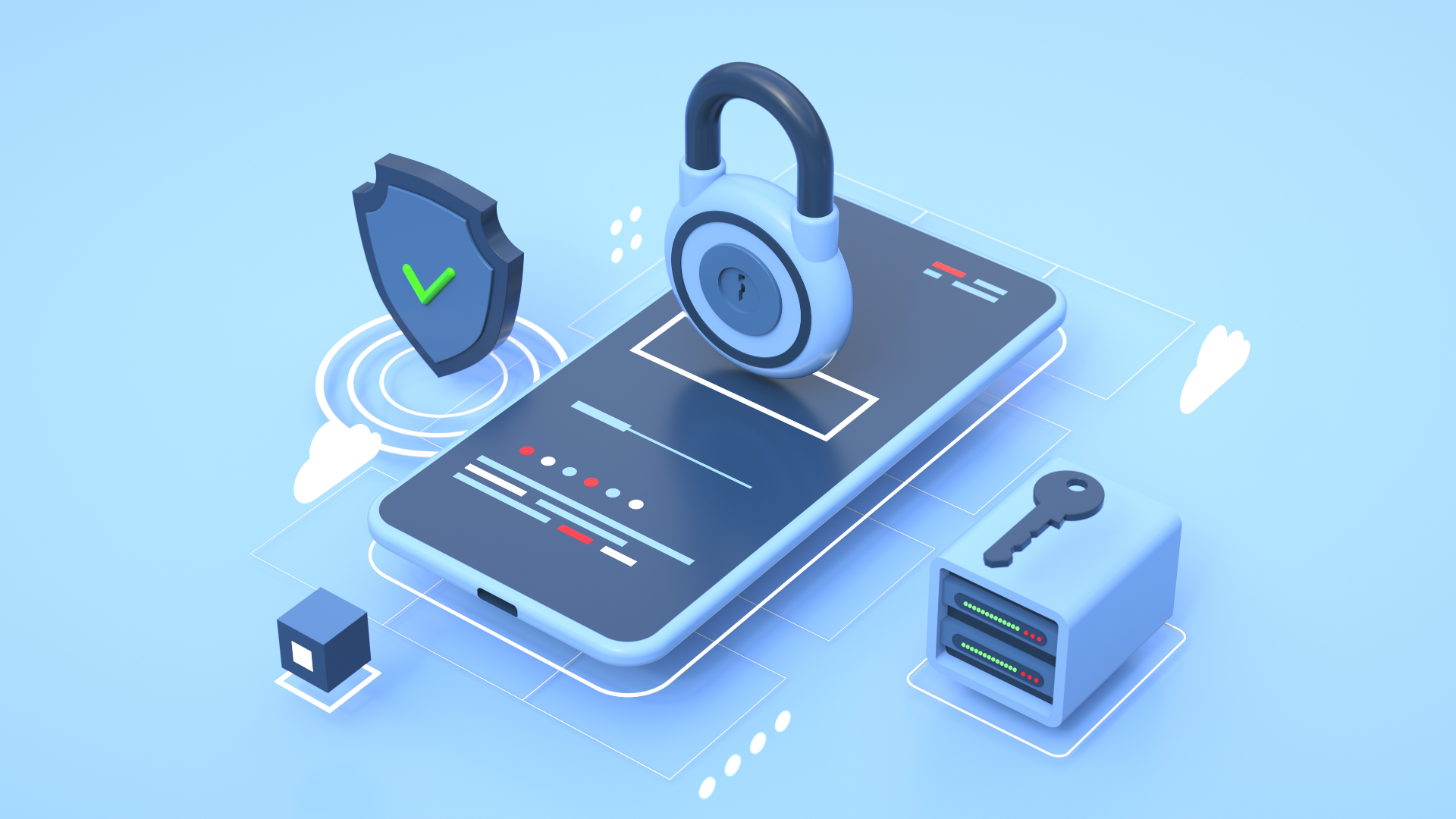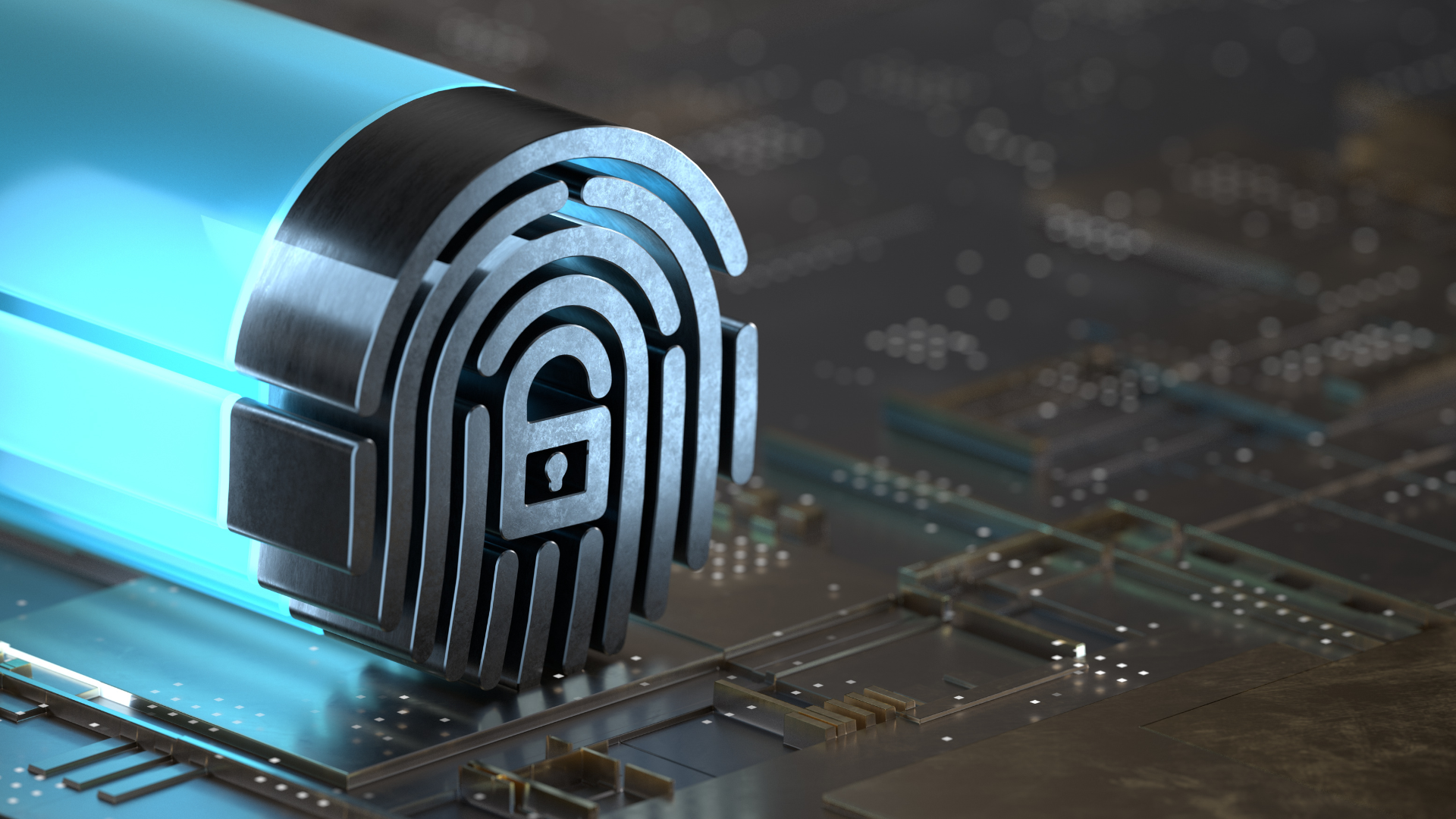In-House Specialist vs. Outsourced IT Security: Which Is Better?
With the speed of innovation running faster than ever, adopting the latest technologies is no longer the secret to business success—it’s become the critical norm for surviving the modern marketplace.
Unfortunately, adopting new tech comes with risks.
According to leading cybersecurity technology company
Nord Security, the more technologies a business uses, the more they expand potential weak points and become susceptible to various cyberattacks.
Managing the security of your company’s data, applications, and devices is tricky business.
Do you know the current state of your company’s cybersecurity?
What assets do you need to protect the most?
What layers of cyber protection do you need?
And most importantly,
who should be in charge of your cybersecurity operations?
What is Cybersecurity Operations, And What Are Your Options?

Global cybersecurity company CrowdStrike defines cybersecurity operations as the sector in IT focusing on continuous monitoring, proactive detection, thorough investigation, and swift response to cyber threats. It aims to protect an organization’s corporate environment from security compromises and data breaches.
Thanks to today’s technological advancements, you have a vast selection of cybersecurity technologies, strategies, and service delivery models. You just need to figure out which ones work best for your business.
Read More:
Top 3 IT Service Models: Which One is Best For Your Business?
When allocating resources for your company’s
cybersecurity operations, the two most common options are: growing and developing your internal cybersecurity team and outsourcing security services to third-party vendors.
In-House IT Security
Hiring a cybersecurity team in-house refers to recruiting and employing a group of cybersecurity professionals as permanent employees within your organization. These professionals work directly for your company and usually work on-site at your office or headquarters.
By taking the in-house IT security route, you’re building an internal department that protects your organization's digital assets, networks, systems, and data from various cyber threats and security breaches. Your internal security team is responsible for implementing, managing, and maintaining security measures and practices to ensure your cloud and IT infrastructures’ confidentiality, integrity, and availability.
Read More:
Cloud Security Tips That Could Save Your Business
Cybersecurity Outsourcing
Outsourcing your company's cybersecurity operations involves partnering with third-party vendors to handle various aspects of your organization's security efforts.
Instead of building an in-house cybersecurity team, you contract with
managed security service providers (MSSPs) to handle and enhance your cybersecurity measures, policies, and practices. This approach allows you to leverage the expertise and resources of external professionals to strengthen your security posture and protect you from cyberattacks.
Read More:
Email Security Best Practices to Protect You From Phishing Attacks
According to the 2022 ESET SMB Digital Security Sentiment Report, 34% of small and medium-sized businesses manage their cybersecurity in-house, while 59% prefer outsourcing.
In-House vs. Outsourced IT Security: The Pros and Cons

With outsourcing IT security and hiring an in-house cybersecurity specialist at opposite ends of the spectrum, deciding which one to go with can be confusing.
Understanding each option’s unique benefits and drawbacks is crucial to making the right decisions about your company’s cybersecurity. Here are each option’s pros and cons:
In-House IT Security
Pros
Immediate Response
Because they work on-site and have direct access to your systems, an internal cybersecurity team can swiftly provide assistance and respond to security incidents.
Deep Understanding of Business Needs
An In-house IT security staff is familiar with your company's operations and goals. This knowledge enables them to make informed decisions and tailor security measures to match your needs.
Greater Control and Oversight
Designing, building, and managing your organization’s cybersecurity operations gives you greater control over security policies, practices, and access to sensitive data.
Cohesive Team and Company Culture
Hiring your cybersecurity team allows you to select candidates who possess the qualities you seek in an employee and align with your organization’s culture, values, and goals.
Cons
Higher Costs
Recruiting, hiring, training, and retaining your cybersecurity team involves significant expenses. In California, hiring one cybersecurity specialist can cost you $79,526 annually on salary alone.
Skills and Expertise Limitations
Because they’re not experts in every field of cybersecurity, your internal IT security team will have limited expertise in certain niche areas and may struggle with complex cybersecurity issues.
Scalability Challenges
Expanding an internal team to meet changing cybersecurity needs will involve more expenses, time, and effort than scaling an outsourced cybersecurity provider.
Recruitment and Retention
Finding and retaining skilled cybersecurity professionals will be challenging because the demand for such talent outstrips supply. According to the
2022 (ISC)2 Cybersecurity Workforce Study, the global cybersecurity industry faces a 3.4 million worker gap.
Outsourced IT Security
Pros
Expertise and Specialization
Outsourced IT security providers often have a team of specialized professionals with in-depth knowledge and experience in cybersecurity. They offer a broad range of skills and stay updated with the latest security threats and technologies.
Lower Cost
Cybersecurity outsourcing helps small businesses and startups avoid the costs associated with hiring, training, and retaining an in-house IT security team. They also typically only charge you for the services you need, reducing fixed costs.
24/7 Operations
Many MSSPs offer round-the-clock systems monitoring and a vast pool of IT talent, ensuring immediate detection and response to security incidents—even outside regular business hours.
Easy Scalability
Established MSSPs can smoothly scale their services to meet your changing needs. They can accommodate growth or handle temporary surges in cybersecurity requirements without hiring additional staff.
Access to Advanced Tech
Third-party cybersecurity vendors have access to advanced security tools and technologies that would be cost-prohibitive for a smaller in-house security team.
Cons
Less Control on Operations
Because an outsourced cybersecurity team does not work exclusively for you, you won’t have complete control over their processes, timelines, and services.
Dependency on a Third-Party Vendor
Relying on an external provider means your organization's security is partly in the hands of another entity, potentially leading to communication challenges or delays in incident response.
Less Familiarity with the Business
An outsourced IT security provider may take longer to understand your organization's unique processes, requirements, and needs. This could lead to delays and potential misalignment in security strategies.
Potential Trust Issues
Sharing sensitive business data with a third-party vendor is a challenging decision. Partnering with a reputable and trustworthy MSSP is crucial.
Timezone Challenges
Scheduling meetings can be difficult if you outsource your cybersecurity operations to a team at a different timezone. When an urgent IT issue arises, there may also be some delay before the IT team can address it. To avoid this, look for MSSPs offering 24/7 operations.
Equip Your Business with Top-Tier Cybersecurity by ER Tech Pros

“I’ve seen both sides of the house: being able to build a team and manage and grow that team over time, as well as looking to offload some of those capabilities to a provider,” said Ray Espinoza, Chief Information Security Office of Inspectiv. “Honestly, I really feel like it depends on where the company is on their existing security journey.”
The decision between in-house vs. outsourced IT security ultimately depends on finding the right balance that best aligns with your business’s size, available resources, goals, and IT needs. If you’re not sure about the current state of your organization’s IT security,
ER Tech Pros is here to help!
Whether you need a
comprehensive IT assessment, tool and technology recommendations,
cybersecurity awareness training, or a fully managed IT and cybersecurity solutions provider, our global team of
IT,
cloud,
cybersecurity, and
compliance engineers are ready to give the expert guidance and 24/7 protection you deserve.
Search Articles
Healthcare & Tech Articles

ER Tech Pros is a managed service provider (MSP) that specializes in catering to the IT needs of businesses across the globe. We have offices in Sacramento and the Greater Fresno area.
We use our cutting-edge technology, extensive experience, and global team of technology experts to ensure your IT network is in its most secure and optimal state.
We focus on your IT so you can focus on growing your company.
8795 Folsom Blvd, Ste 205
Sacramento, CA 95826
1501 Howard Rd, Ste 2
Madera, CA 93637
(855) ER-TECH-1 / (855) 378-3241
info@ertech.io
Resources
Search this Site
ERTech Pros | All Rights Reserved.












